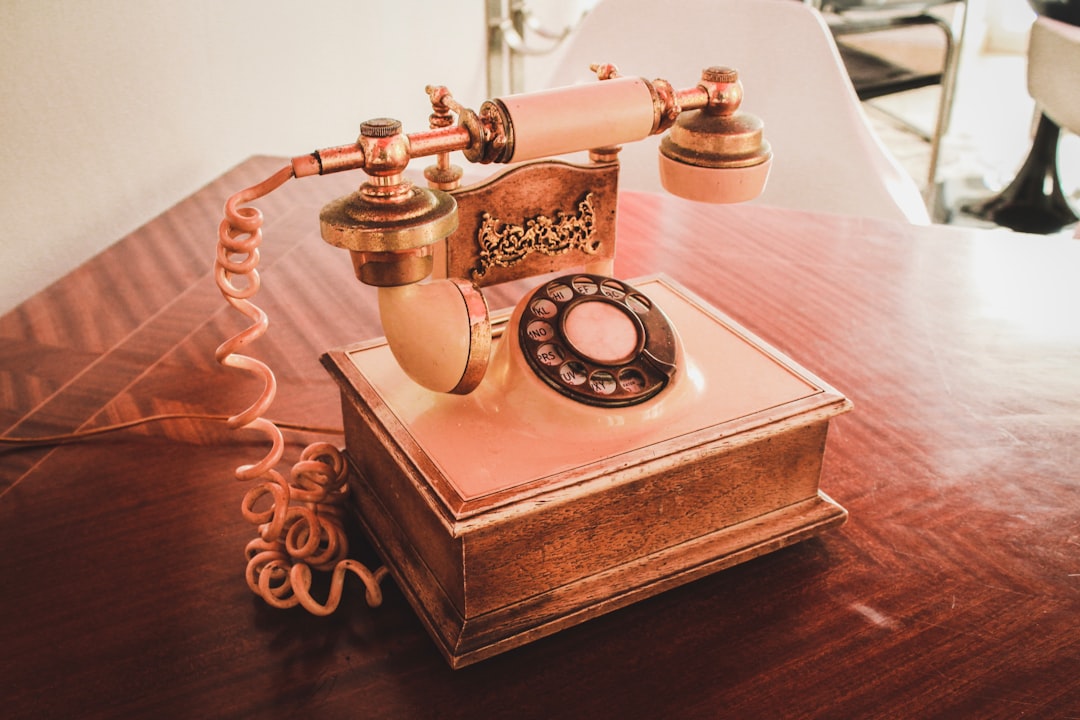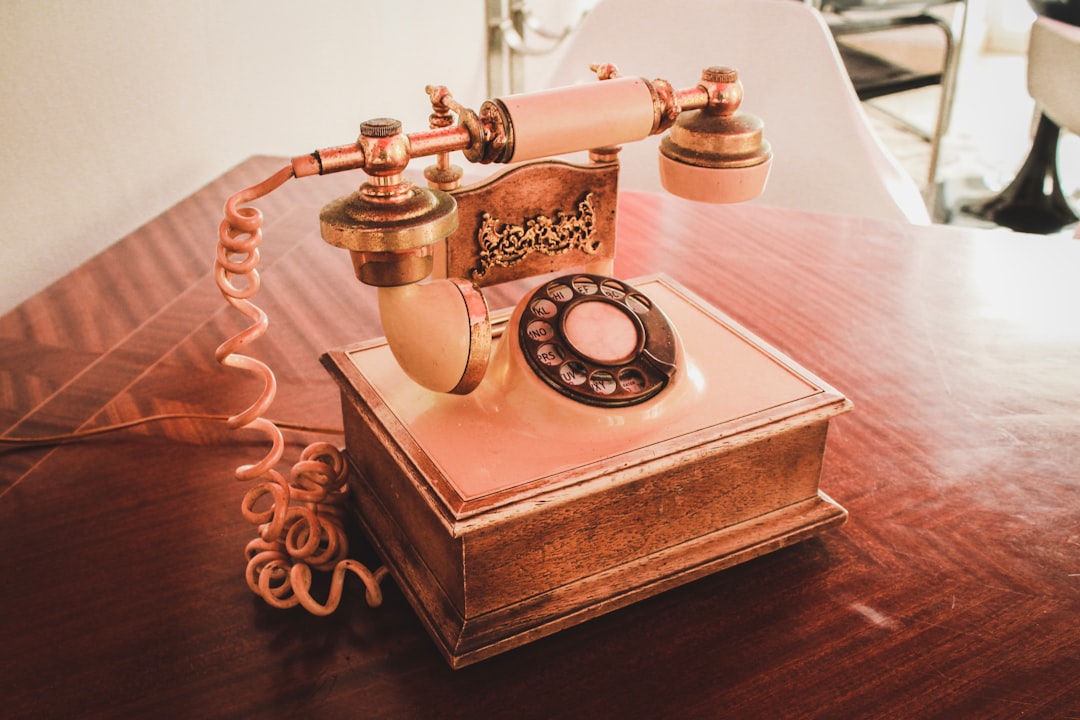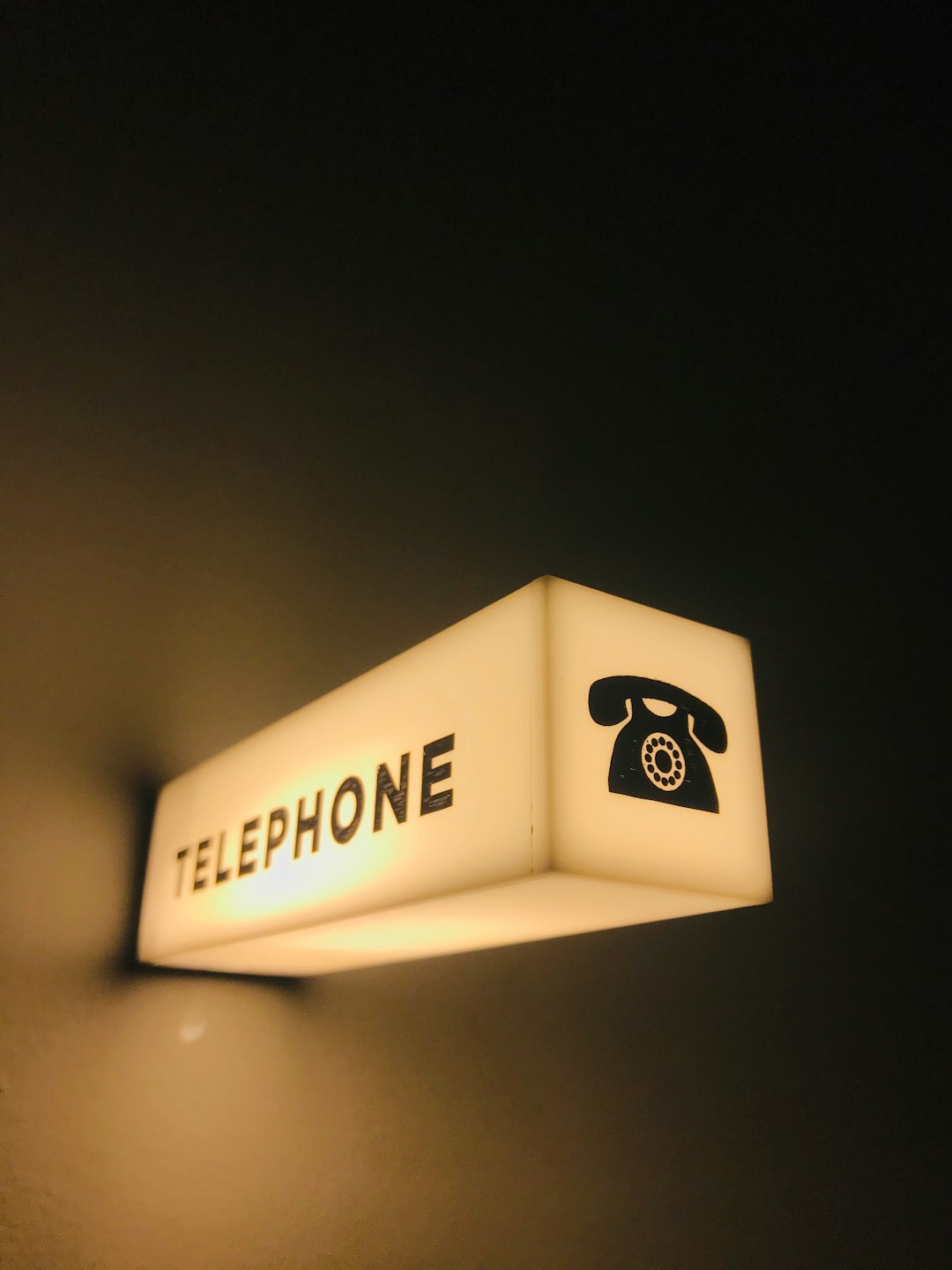Robocall HIPAA violations in pharmacy settings are a growing concern due to privacy infringements and breaches of the Health Insurance Portability and Accountability Act (HIPAA). Massachusetts has strict laws against spam calls, including automated dialing systems used for health services. Pharmacies must protect patient data by ensuring authorized automated calling and compliance with the Telephone Consumer Protection Act (TCPA) and HIPAA guidelines. Engaging a lawyer specializing in TCPA cases can help navigate these regulations and understand rights and remedies against violators. Massachusetts residents experiencing unwanted robocalls from pharmacies should consult a reputable spam call law firm to explore options for legal action under state and federal laws.
In Winchester and beyond, pharmacies face mounting pressures to safeguard patient data from robocall HIPAA violations. These automated calls, often posing as pharmaceutical companies or healthcare providers, pose significant risks by exposing sensitive information. This article guides pharmacy owners and staff through the legal landscape, including the Telephone Consumer Protection Act (TCPA) and its relevance to healthcare. We’ll explore strategies for identifying and mitigating risks, best practices for data protection, and legal options available to Massachusetts residents considering action against violators, such as consulting a spam call law firm or lawyer specializing in TCPA cases.
Understanding Robocall HIPAA Violations in Pharmacy Settings

In pharmacy settings, Robocall HIPAA violations are a growing concern. Automated phone calls, often known as robocalls, that deliver recorded messages or collect information without live operators can infringe on patient privacy and violate the Health Insurance Portability and Accountability Act (HIPAA). These violations can have serious consequences for pharmacies, including legal repercussions. Massachusetts has stringent laws against spam calls, and firms specializing in TCPA litigation are readily available to assist victims. If you’ve received unauthorized robocalls, you may have grounds to sue under the Massachusetts Spam Call law.
Pharmacies must be vigilant in protecting patient data from such intrusions. It’s crucial to ensure that any automated calling is done with proper authorization and in compliance with HIPAA guidelines. Engaging a lawyer specializing in TCPA cases can help pharmacies navigate these complex regulations and understand their rights and remedies if violated.
Legal Framework: TCPA and Its Relevance to Healthcare

The Telephone Consumer Protection Act (TCPA) serves as a robust legal framework in the United States to protect consumers from unwanted telephone solicitations, including robocalls. This law is particularly relevant in the healthcare sector, where pharmacies often face automated calls for various purposes. In Massachusetts, as in many other states, the TCPA strictly regulates the use of automatic dialing systems and prerecorded messages, especially when targeting health-related services.
If your pharmacy receives or makes robocalls that violate the TCPA, individuals may have legal recourse. Those affected can potentially sue for damages, seeking compensation for each violation under Massachusetts’ strict interpretation of the TCPA. Engaging a reputable spam call law firm or lawyer specializing in TCPA cases is advisable to understand their rights and explore options for legal action against violators.
Identifying Potential Risks and Compliance Strategies

In the digital age, pharmacies in Winchester, like many businesses, face a growing threat from robocalls, which can pose significant risks to patient privacy and HIPAA compliance. Identifying potential risks is the first step towards effective protection. Automated calls, often referred to as robocalls, can transmit sensitive health information without proper authorization, violating HIPAA regulations. These calls may be marketing or informational, but they require careful handling due to their potential to expose patient data.
To mitigate these risks, pharmacies should adopt robust compliance strategies. Implementing a strict ‘do not call’ policy and using automated screening systems to block unauthorized calls are essential measures. Additionally, staff training is crucial; ensuring every employee understands the legal implications of sharing patient information over the phone. Engaging a reputable spam call law firm or lawyer specializing in TCPA cases (Telecommunication Consumer Protection Act) in Massachusetts can also help businesses stay informed about the evolving legal landscape surrounding robocalls and protect them from potential lawsuits, as consumers in Massachusetts have strong rights under state laws regarding unwanted calls, including the ability to seek compensation for violations.
Protecting Patient Data: Best Practices for Pharmacies

Protecting patient data is paramount for pharmacies to avoid HIPAA violations and potential legal repercussions, such as those under the Telephone Consumer Protection Act (TCPA) in Massachusetts. Best practices include implementing robust security measures to safeguard patient information, like encryption and access controls. Regularly updating software and training staff on privacy policies can significantly reduce risks.
Moreover, pharmacies should establish clear guidelines for handling phone calls, including restricting use of auto-dialers and automated messages. Opting for live agents or personalized communication methods can help comply with the state’s spam call laws and prevent unwanted robocalls. Engaging a reputable law firm specializing in TCPA cases in Massachusetts can also offer guidance and representation if any violations occur, ensuring businesses stay protected and compliant.
Seeking Legal Advice: Options for Massachusetts Residents

If you’re a resident of Massachusetts and are facing frequent robocalls from pharmacies or other entities, knowing your rights under state and federal laws is crucial. The Telephone Consumer Protection Act (TCPA) prohibits businesses from making automated phone calls to individuals without their prior consent. If a pharmacy has been repeatedly violating this law through unwanted robocalls, you may have legal recourse.
Seeking legal advice from a reputable spam call law firm or lawyer for TCPA Massachusetts is a significant step towards protecting your rights. These professionals can help determine if the robocalls constitute a HIPAA violation, given that healthcare institutions are subject to additional regulations regarding patient data. If the pharmacy’s actions have caused you distress or financial loss, consulting with an attorney could also explore options for can I sue for robocalls Massachusetts and recover damages.






